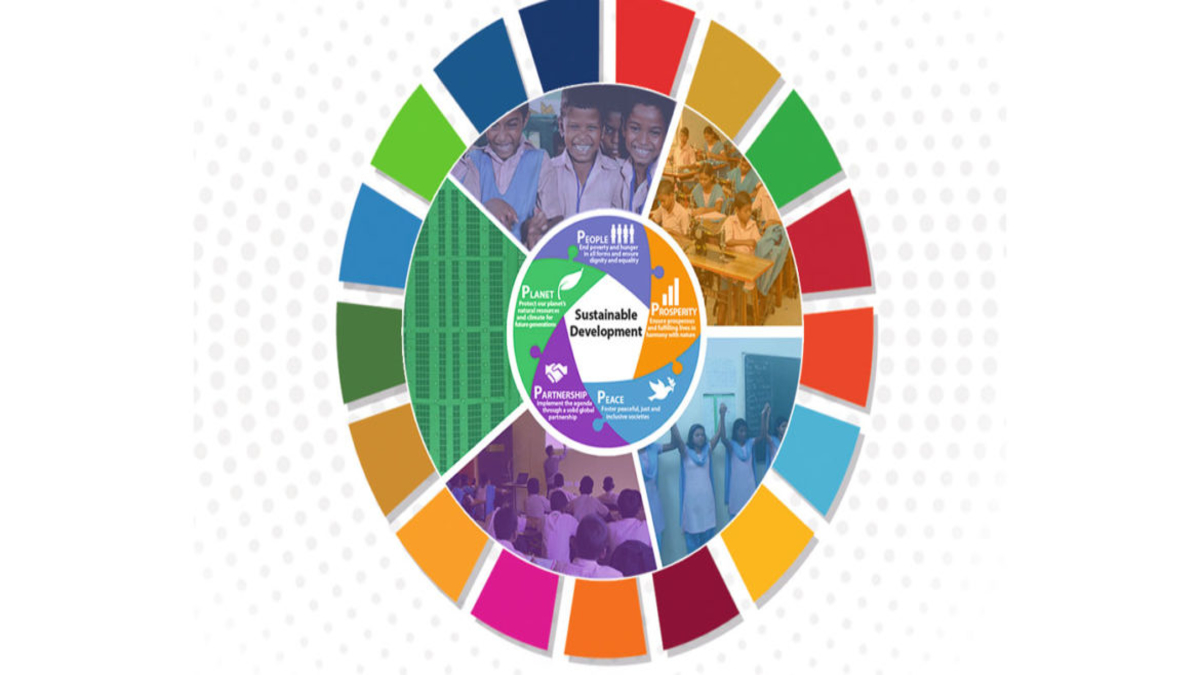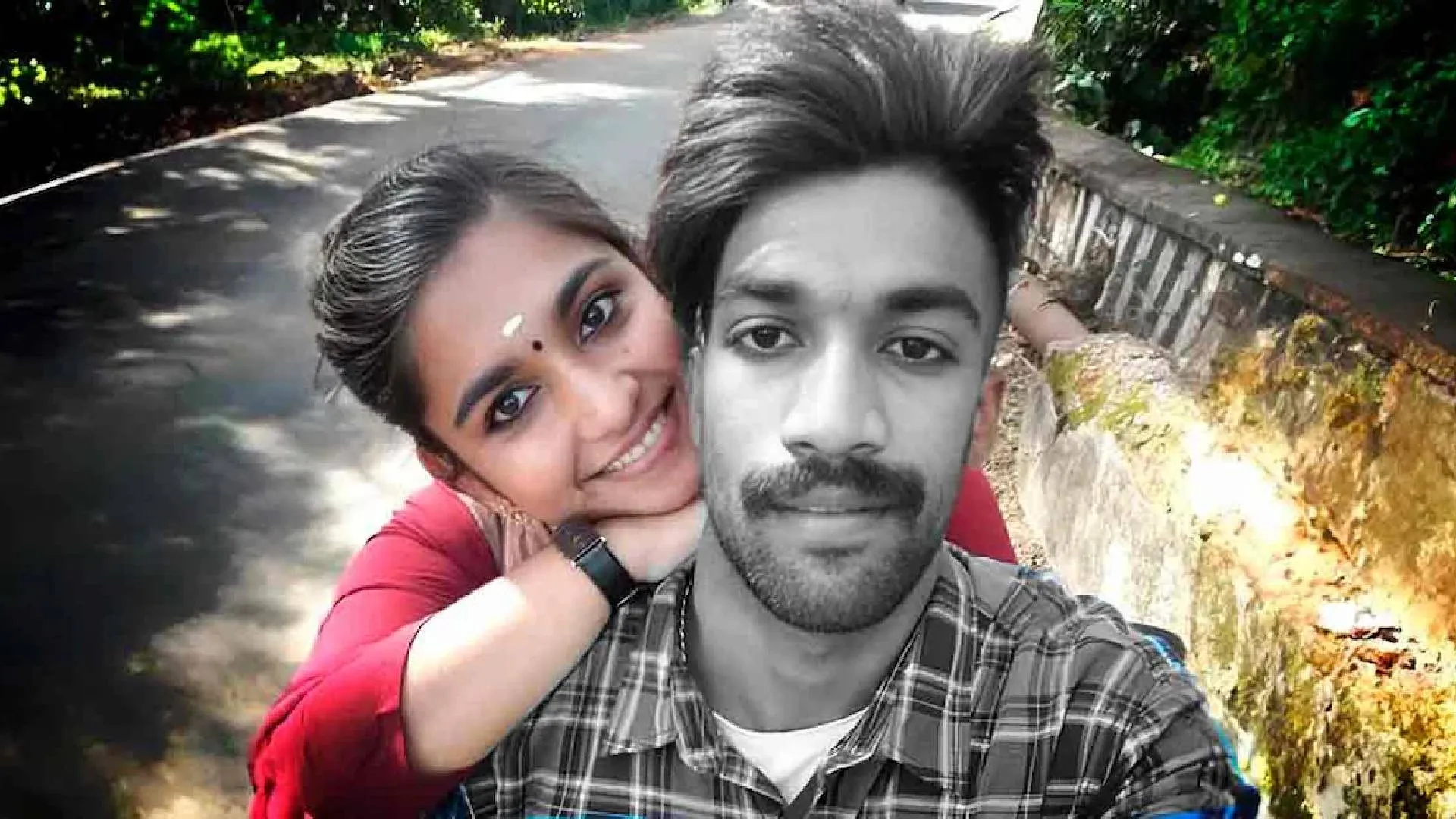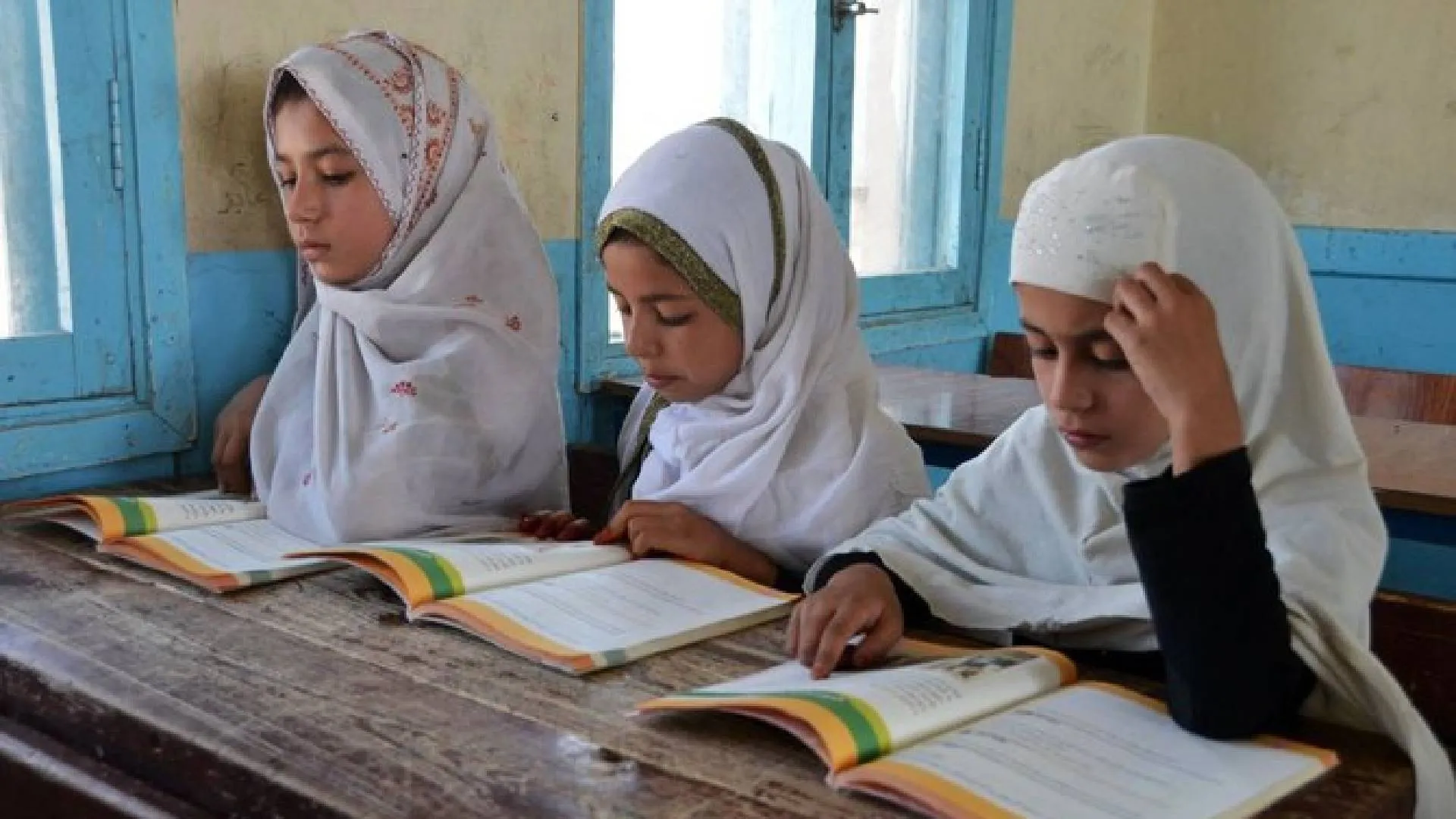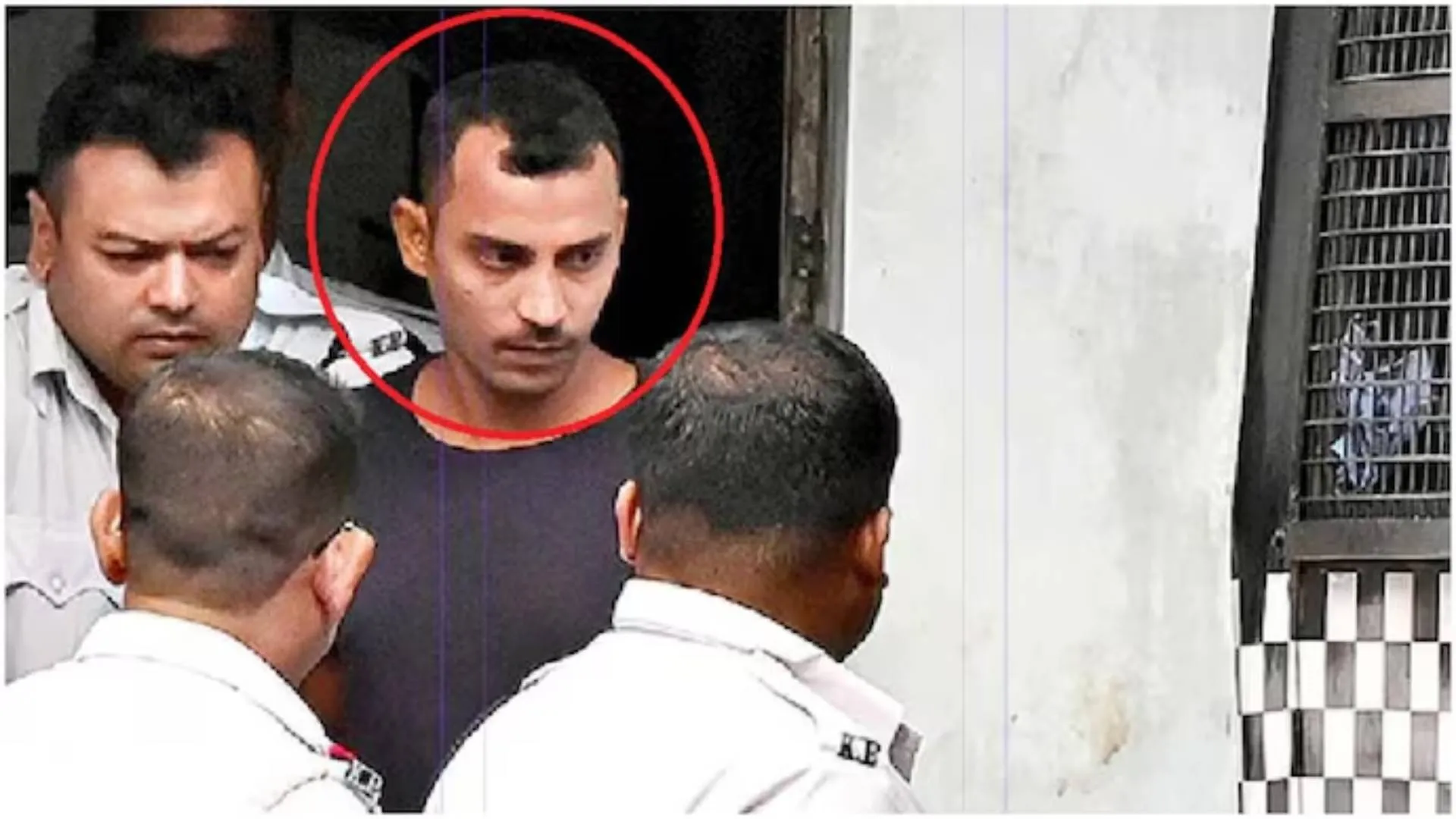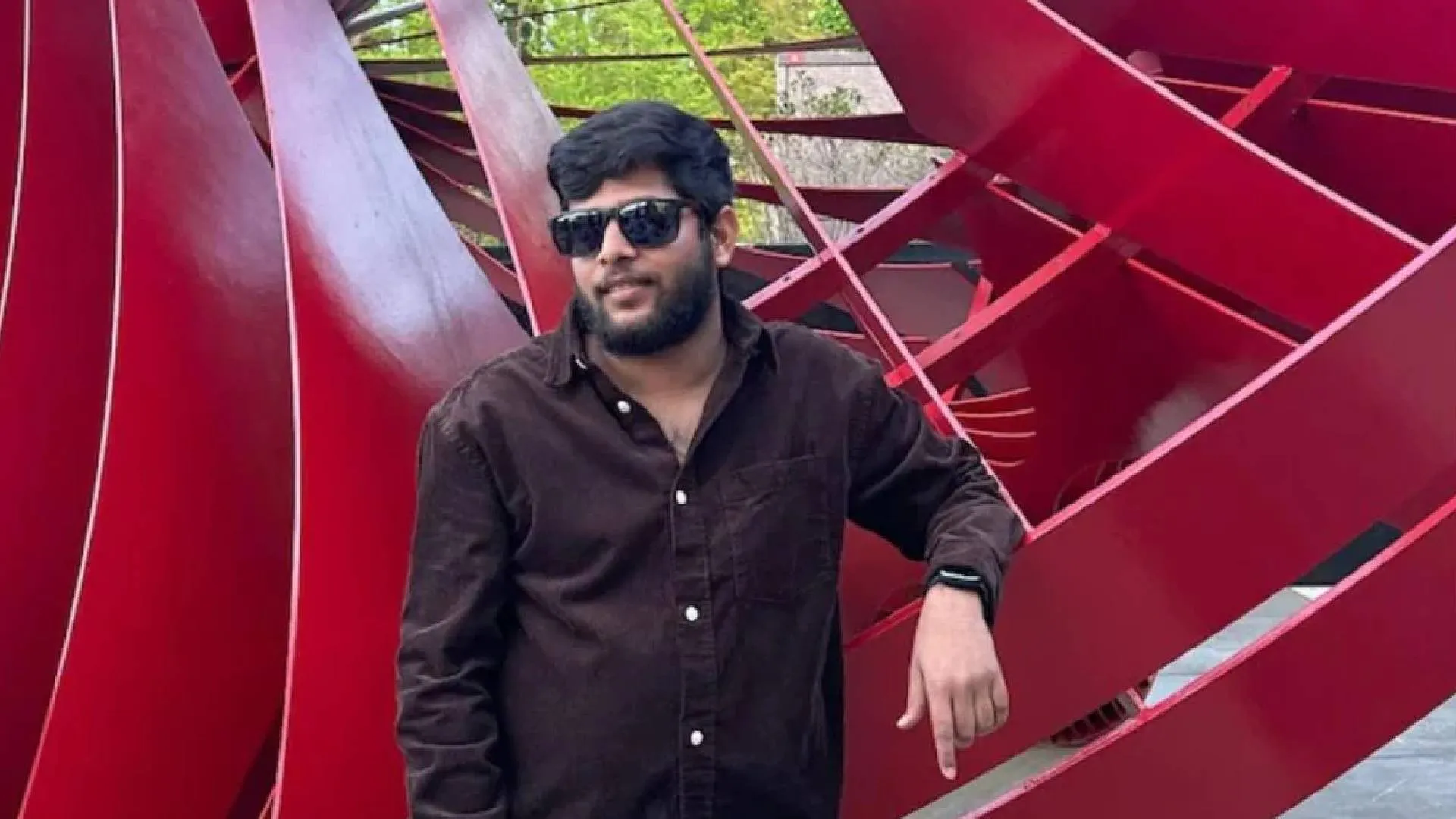Since its inception in 1990s, KISS has been committed to the vision and practice of sustainable human development.
The unique model of KISS to eradicate poverty and hunger through education has transformed the lives of 1,50,000 indigenous people in Odisha and neighbouring states and contributed to nation building. The other factor responsible for the success of KISS has been its partnerships for people, prosperity and peace on the planet. It has been advocating and mobilising local and global actions on SDGs.
In February 2018 KISS organised two national-level capacity building workshops on Sustainable Development Goals (SDGs) in partnership with the NITI Aayog, United Nations System Staff College (UNSSC), Bonn, Germany and United Nations Volunteers (UNV). This was the first high level event for KISS and NITI Aayog on SDGs in the country involving multiple stakeholders. Policymakers, administrators, planners, senior government officials representing 25 states of India, United Nations representatives, UN Volunteers, as well as many sustainable development advocates from within and outside the country converged at KISS, Bhubaneswar to discuss the importance of capacity building for localising the SDGs.
Inaugurating the event Dr Rajiv Kumar, Vice Chairman, NITI Aayog, said, “The government is committed to the SDGs and has launched many schemes in that line. Localisation of SDGs is a creative methodology to achieve the targets”. He pointed out the similarity between Agenda 2030 for sustainable development and Indian philosophy. He was right as the tradition of Sanatana Dharma (a way of life designed to best ensure the continuity of humanity on this earth) has been in action in India for centuries. Dharma or duty, ethics and religion in the modern sense as propagated by Mahatma Gandhi has been practised in India from Ancient times. Customising and aligning the SDGs with the rich tradition and philosophy of dharma will work for India and can be a game changer. KISS is a living example of this process in action.
A direct outcome of the capacity building workshop was the establishment of a new SDG Centre at KISS. The centre has been working on numerous SDG projects, events and campaigns. Amongst many two of the notable projects and two campaigns undertaken by KISS are set out below.
‘Transforming India’s Green Revolution by Research and Empowerment for Sustainable food Supplies (TIGR2ESS)’ project: Awarded by Cambridge University, UK, the project is expected to strengthen alliances of experts from the UK and India in the domains of crop science, hydrology, social science and policy. This knowledge exchange partnership will
• Determine the requirements for advancing the Green Revolution in India
• Explain necessary policy agenda
• Develop a collaborative research programme focused on sustainable crop production and sustainable use of resources
‘Creative Hub for Innovation & Reciprocal Research & Action for Gender Equality (CHIRAG)’ project: KISS is implementing a GRTA-UK project on Sustainable Food Systems in partnership with University of East Anglia (UEA), PRADAN and Graam Vaani. It is an SDG initiative to address food and nutrition insecurity in India with gender equality through systemic and sustainable up-scaling of grassroots innovation. The 4C’s of the CHIRAG project for realising food and nutritional security include
• Community Led Platform: Build a gender sensitive virtual knowledge and innovation centre for collecting, dissipating and sharing information
• Creative Practice Hub: Use technology and traditional creative communication techniques to understand food and nutrition
• Curriculum Development: Develop an evidence-based curriculum and content on food and nutrition in order to replicate the knowledge for education and health initiatives
• Constituency Round Table: Conduct fact-based advocacy for political buy-in and financing for long term sustainability and institutional acceptance
International Youth Campaign on Kindness for the SDGs: KISS and KIIT Universities actively participated in the International Youth Campaign on Kindness for the SDGs, launched by UNESCO Mahatma Gandhi Institute of Education for Peace and Sustainable Development (MGIEP) on October 2, 2018. At KISS and KIIT educational sessions on the SDGs for more than 10,000 young learners; cleanliness and sanitation drives; and social media engagements were organised during the campaign.
UN@75 Campaign at KISS during Covid-19:
On the occasion of the 75th anniversary of the United Nations, KIIT and KISS partnered with UNV India, UN Women India, UNFPA India and Kalinga Fellowship and organised a week-long UN@75 Campaign from 18-24 October 2020. The on-line conversations during the campaign and field level advocacy included the following themes:
• Education
• Gender
• Nutrition
• Climate Change
The campaign amplified indigenous and youth voices while addressing the SDGs. Overall, the campaign was a success as it witnessed massive global participation from many countries including staff members from partnering UN agencies, non-government organisations and other national and international dignitaries. They interacted with senior government officials, planners, district level administrators, representatives from training institutions, researchers and civil society organisations working on SDGs in India to grassroots level social workers, indigenous leaders, and youth.
KISS has worked consistently with multiple stakeholders to advocate and mobilise local actions to fulfil global aspirations. The KISS model of localising the SDGs through community engagements, awareness generation, local level action and data collection is being studied nationally and internationally. It has become the go-to-place to witness all 17 SDGs in action. It is gradually transforming into a Global Hub where stakeholders from all sectors working towards the implementation of Agenda 2030 for Sustainable Development converge for research, training, learning and development. It has started becoming the preferred partner for projects, campaigns and events on SDGs. Only time will tell if KISS SDG Centre served as the lighthouse that guided the Agenda 2030 ship to safe waters.
Indigenous knowledge and grit can change the lives of many and inspire millions. The stories of Kamala Pujari and Dr Achyuta Samanta, both from the state of Odisha, sets the tone for localising Agenda 2030 for sustainable development and importance of community engagement.

